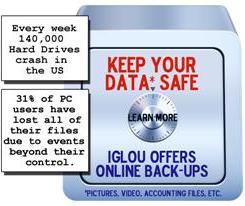US police force pay bitcoin ransom in Cryptolocker malware scam
Unprepared officials blindsided by sophisticated virus call experience ‘an education’
Massachusetts police have admitted to paying a bitcoin ransom after being infected by the Cryptolocker ransomware.
The Cryptolocker malware infects a computer, normally via a legitimate-looking email that urges the reader to open an attachment often posing as a voicemail, fax, invoice or details of a suspicious transaction that is being queried.
Once the Windows computer is infected, the malware encrypts the user’s hard drive and then begins displaying a countdown timer, while demanding payment for the release of the data of 2 bitcoins – an almost untraceable, peer-to-peer digital online currency – which at current exchange rates equates to about £832 or $1338.
“(The virus) is so complicated and successful that you have to buy these bitcoins, which we had never heard of,” Swansea Police Lt. Gregory Ryan talking to the Herald News. “It was an education for (those who) had to deal with it.”
Essential operational computers were not affected
Ryan insisted that the Massachusetts police systems were now clear of infection, and that essential operational computers were not affected, nor was there any data stolen.
The FBI is currently investigating the virus infection of the police computer, which is thought to have evolved over the last year and originated from somewhere within former Soviet nations such as Ukraine and Russia.
Do not click on any attachments
The Cryptolocker malware is not new, but has recently become more prevalent, prompting the UK’s National Crime Agency (NCA) to put out an alert on 15 November warning that emails pretending to be from banks and financial institutions are being sent to small and medium businesses, as well as millions of bank customers.
NCA advised users not to click on any attachments like those described and to be suspicious of any emails that appear to come from a bank or other financial institution.
If a computer becomes infected it should immediately be disconnected from any networks and a professional called in to clear the machine. However, the current state of encryption technology means that it is unlikely the encryption can be unscrambled, and therefore the hard drive will likely have to be erased and restored from a backup.
Article found here.





